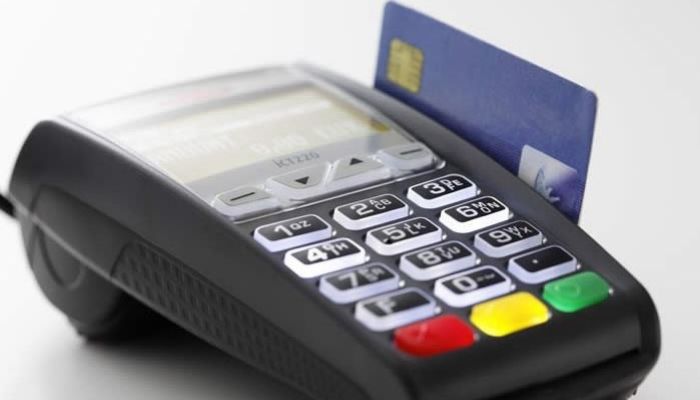Amid biting naira scarcity, economic experts have projected that the rate of online banking transactions done by Nigerians would hit double figures by the end of the first half of 2023.
The prognosis comes as business transactions worth billions of naira have been left on “pending” mode, while several online transactions have either been reversed or have not got to the receiver.
Since the inception of the Central Bank of Nigeria (CBN)’s cashless policy, alternative payment options to cash are becoming increasingly popular, indicating a journey to a functional cashless economy.
In an attempt to drive home its cashless policy initiative and fight currency counterfeiting, the CBN recently redesigned the higher-denomination of banknotes (N200, N500 and N1,000).
According to the apex bank, a new system of confidence-based transactions is being entrenched, and what it simply requires is patience, understanding of the public for full-time manifestation of a system that will reduce money laundering, stamp out official corruption and entrench credible public finance management in Nigeria.
Although its implementation has been rather slow, stakeholders in the payment space are confident that Nigeria will get it right with the issue of cutting down cost of cash maintenance and the alarming inflation challenge.
However, the scarcity of the banknotes and cash withdrawal restriction policy of the CBN have pushed higher the patronage of digital transactions.
According to a recent Nigerian banking sector report released by the Nigeria Interbank Settlement System (NIBSS), the volume of electronic payments surged following cash shortages caused by CBN currency redesign.
The report revealed that online transactions increased by 55 per cent year on year to 108.1 million, compared to 32.6 million transactions in January 2022. Nigerians registered mobile transactions worth N2.37 trillion in January 2023, representing a staggering 125 per cent increase when implementation of the CBN’s policy on currency swap took effect.
This can only mean that online banking transactions are expected to hit double its figures in six months (H1 2023). Despite this, some Nigerians are still worried that with the surge and congestion doing online transactions, the scarcity of the bank notes might easily expose them to the menace of fake alerts.
Experts also projected that operators of Point of Sale devices (popularly known as PoS), car marts and large shopping malls are more likely to fall victim to the menace, especially those who are not in the habit of checking their credit balance online after receiving transfer alerts from customers.
Victor Chiazor, Head, Research at FSL Securities, said, “The figures have no doubt surged but it seems most bank platforms and infrastructure were not built for the heavy usage that the naira redesign policy and cash scarcity have created.
The cashless policy has exposed the weaknesses of the banking infrastructure in Nigeria, leading to a loss of confidence on the part of the customers. Hence, it is important for banks to have enough infrastructures and then have the effective firewall to ward off hacks or fraud”.


